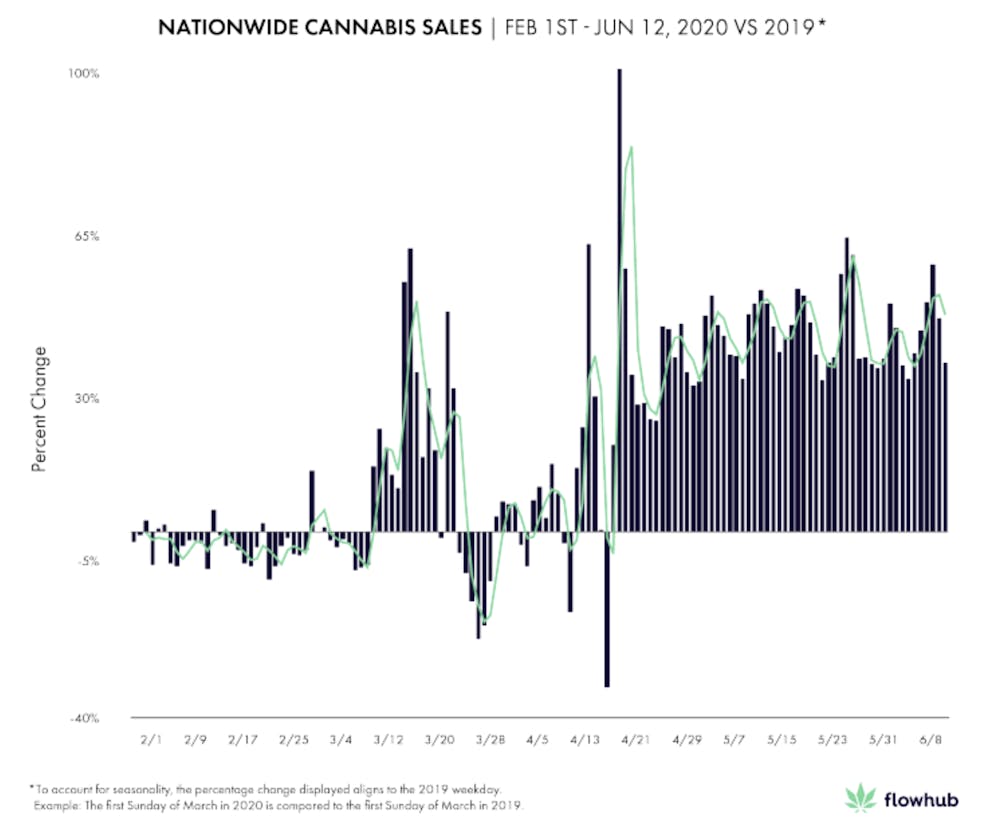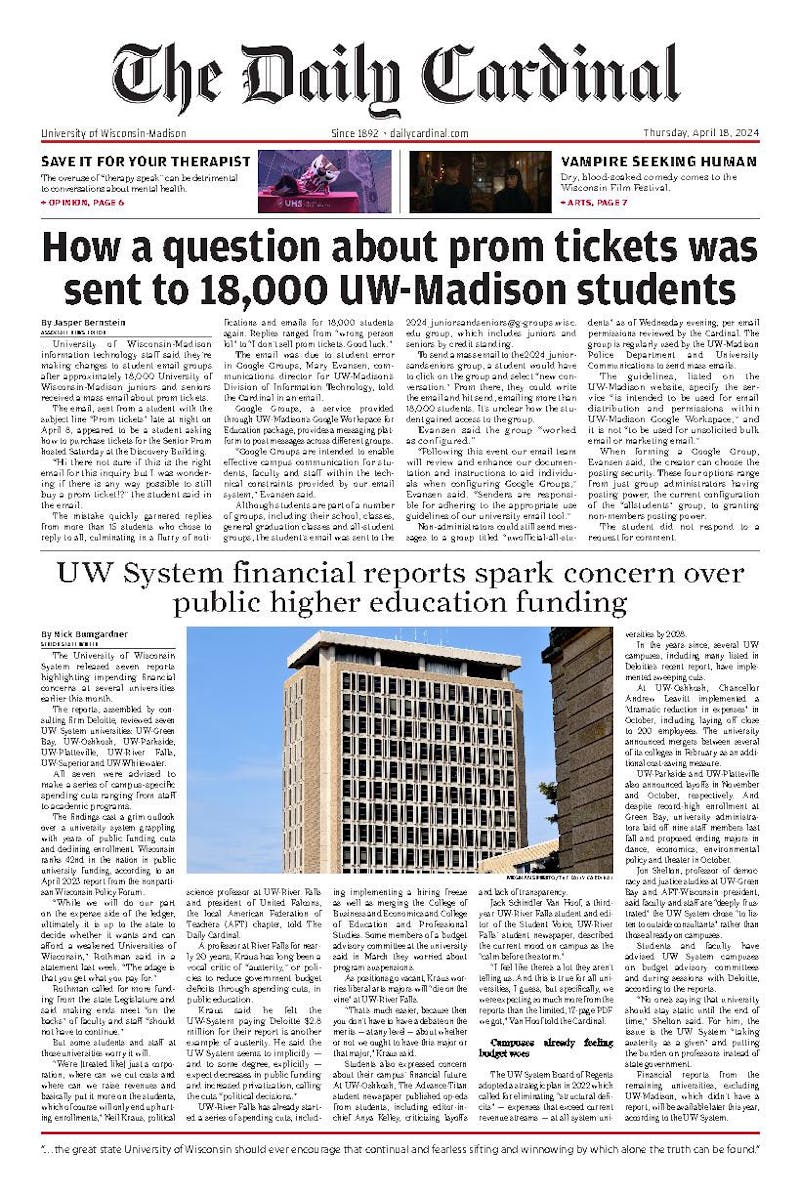COVID-19 has been the ultimate test for businesses of all shapes and sizes. Whether you’re a one-person online business or running a chain of restaurants, business people everywhere have had to deal with unforeseen circumstances and safety requirements, complete disruptions of their business models and ultimately have had to innovate to survive. While some of these changes are likely temporary, some industries will be permanently altered by changes in consumer habits, business models and new competitors. This blog post explores five industries that we think will see permanent changes in a post-COVID world.
1. Food Service
This is one of the most obvious examples of an industry that has faced incredible challenges and gone through huge shifts. With food-service sales $240 billion below the National Restaurant Association’s pre-pandemic 2020 forecasts and over 110,000 restaurants closing temporarily or permanently, the restaurant industry was one of the hardest hit by the pandemic. While many restaurants were unable to keep up due to constantly changing guidelines, new expenses and loss of sales, some still found unique ways to innovate. One example of how local businesses have adapted is the innovations that State Street Brats has made during the pandemic including opening their sitting area up as a socially distanced coffee lounge for students and also selling fantastic brat boxes which can be shipped nationwide. Changes like these have helped businesses offset losses and also create new offerings for their customers that can be carried into a post-pandemic world. Furthermore, the pandemic has also accelerated consumer preferences surrounding the use of food delivery services. In 2020, the number of online food delivery service users jumped by 25%, and this trend is expected to continue into 2021 where the global online food delivery market is expected to hit $151.5 billion in revenue and reach 1.6 billion users. Due to these factors, we expect that the restaurant industry will be chewing on some new changes for years to come.
2. Education
This industry is impacted by many factors including affordability of education, demand, and alternative education options. According to Federal Student Aid, student loan debt has reached $1.6 trillion in 2020, with students averaging $31,800 in student loan debt in Wisconsin and student loan debt totaling $22.3 billion in the state. The fear of insurmountable debt combined with the rising cost of education has pushed many students to forego higher education and enter directly into the workforce. While this has been the current trend, over the next five years, IBISWorld forecasts that education will become more affordable with anticipated increases in government funding and donations. Demand for higher education is largely dependent on competition in the job market as well. Since competition is anticipated to loosen over the next five years, higher education may slow down as prospective students choose to enter directly into the workforce. Lastly, the higher education industry is currently being reshaped by the push towards alternative educational options such as community colleges that are more affordable and also accessible online options that have been recently normalized by shifts to online learning due to COVID-19. Institutions may even start to offer more online courses themselves to not only compete with other options but also to gain more international students and to cut down on operating costs.

Nationwide cannabis sales
3. Cannabis
The cannabis industry is looking to have a higher potential than ever before following prolonged periods of COVID-19 lockdowns, wins for legal cannabis in politics and shifting consumer attitudes toward the industry. According to a white paper, “State of the Cannabis Industry 2020,” in the early days of the pandemic, sales spiked by anywhere from 65% to 100% and have maintained record-high levels compared to previous years. Cannabis also saw major political wins in 2020 with New Jersey, Montana, Arizona, South Dakota, and Mississippi legalizing marijuana in some form and the installation of the Biden administration and Democrats securing the senate in Georgia runoffs. In addition to these political wins, states may also look to recover lost funding by legalizing recreational and medicinal marijuana as is currently being debated in Wisconsin with Governor Tony Evers’ recent proposal to legalize marijuana. With spikes in sales and the boredom of lockdowns, consumers may also start to view cannabis as a more socially-acceptable product, bringing more customers into the industry for many years to come and likely strengthening the argument for nationwide legalization. Thus, further putting the cannabis industry in the green and leading to permanent industry changes.
4. Food Retail
Like the cannabis industry, the food retail industry has also gained from COVID lockdowns and changes in consumer buying habits. In one 7-day period ending on March 18th, 2020, grocery sales were up 79% from the previous year, and while sales did decline from that level, they still stayed up compared to previous years. Consumer buying patterns drove this increase due to many consumers buying in bulk and also eating at home more than ever before. COVID-19 also forced food retailers to better utilize their online platforms to help reach customers. According to supermarketnews.com, online grocery sales jumped 300% in the early months of the pandemic and while these sales declined like in-store sales, it’s easy to see how consumers will get used to the ease of online shopping options that allow them to easily schedule and pick up orders or just have them delivered right to their doorstep.

A screenshot from Travis Scott’s concert on Fortnite
5. Music
The music industry took major hits due to COVID-19 including the shutting down of live music venues and falls in physical and digital sales. One World Economic Forum publication estimated that a six-month shutdown would lead to a loss of over $10 billion in revenue from sponsorships, and considering that venues have been shut down for over a year, these impacts have likely hit much harder. Physical and digital sales also plummeted as consumers decreased discretionary spending overall. Although these losses made it a difficult year for many artists, musicians still found new ways to share their music including live streams, jumping on TikTok, and even participating in concerts on Fortnite like Travis Scott did in March of 2020. Even though many will likely flock back to concerts once it’s safe, there’s no doubt that artists will take notes on the potential that technology now provides for musicians to reach new and larger audiences than ever before.
While we believe that these five industries will see lasting changes from their experiences with COVID-19, we honestly could’ve chosen virtually any business. What changes have you noticed or gone through with your business? We’d love to know!






